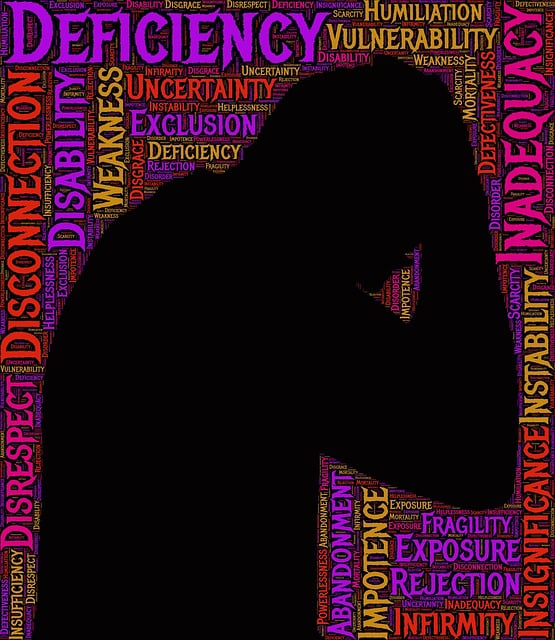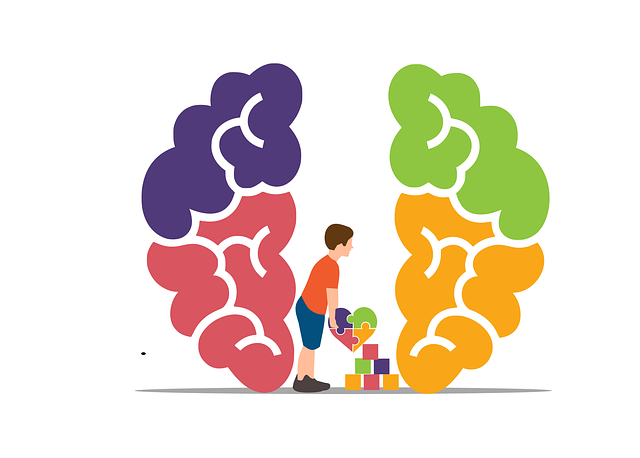Substance abuse poses significant risks, affecting individuals, families, and communities through physical and mental health issues, legal problems, and social isolation. Englewood Family Counseling Therapy (EFCT) emphasizes a multi-faceted approach to prevention, offering education, early intervention, and targeted programs like community outreach, trauma support, and coping skills development. They provide holistic recovery support, combining personalized therapy sessions with evidence-based practices like CBT to equip individuals with healthy coping mechanisms. EFCT also facilitates family involvement through counseling sessions aimed at improving communication, empathy, and underlying issue resolution, ultimately strengthening communities and promoting mental health education.
Substance abuse poses significant risks, impacting individuals, families, and communities. This article explores comprehensive risk reduction strategies, focusing on understanding the dangers, implementing preventive measures, and offering effective treatment options. From recognizing warning signs to providing supportive therapy, such as that offered by Englewood Family Counseling, each step plays a crucial role in mitigating harm and fostering recovery. By employing evidence-based practices, we can navigate this complex issue and promote healthier, safer lives.
- Understanding Substance Abuse Risks and Their Impact
- Strategies for Prevention and Early Intervention
- Effective Treatment and Support for Recovery
Understanding Substance Abuse Risks and Their Impact

Substance abuse risks are multifaceted and can stem from various personal, social, and environmental factors. Understanding these risks is a crucial first step in preventing and mitigating their impact. Englewood Family Counseling Therapy highlights that substance abuse can lead to severe consequences, affecting not just the individual but also their family and community. The effects range from physical health issues and mental disorders to legal problems and social isolation. By recognizing these dangers, individuals can be empowered to seek help or offer support to loved ones struggling with addiction.
The underlying causes of substance abuse are often intertwined, including high stress levels, poor mood management, and a lack of effective self-care routines for better mental health. Englewood Family Counseling Therapy emphasizes that addressing these coexisting issues is essential in risk reduction strategies. Developing healthy coping mechanisms, such as engaging in regular physical activity, maintaining a balanced diet, and practicing stress management techniques, can significantly lower the risk of substance abuse. Additionally, fostering strong social connections and seeking professional support when needed are vital components of building resilience against addiction.
Strategies for Prevention and Early Intervention

Preventing substance abuse is a multi-faceted approach that starts with education and early intervention. Englewood Family Counseling Therapy (EFCT) plays a vital role in equipping individuals and communities with the knowledge to recognize at-risk behaviors and make informed choices. Through targeted programs, EFCT offers a range of strategies to foster healthy development and resilience. Community Outreach Programs, for instance, bring essential services directly to high-risk areas, providing resources and support systems that can prevent the onset of substance abuse.
Early intervention is key in breaking the cycle of addiction. EFCT facilitates workshops and seminars focused on trauma support services, teaching coping skills development to individuals facing stress or emotional challenges. By empowering people with alternative ways to cope, these initiatives help to reduce reliance on substances as a means of dealing with difficult situations. Such proactive measures not only safeguard individuals but also contribute to building a stronger, more resilient community.
Effective Treatment and Support for Recovery

Englewood Family Counseling Therapy offers a holistic approach to substance abuse recovery, focusing on both the individual and their support network. Effective treatment involves personalized therapy sessions that cater to unique needs, incorporating evidence-based practices such as cognitive-behavioral therapy (CBT). This type of therapy equips individuals with coping mechanisms to manage cravings and triggers, fostering emotional well-being promotion techniques that empower them to stay sober.
Support plays a pivotal role in long-term recovery. Englewood Family Counseling Therapy facilitates family involvement through counseling sessions designed to enhance empathy building strategies within the household. By addressing underlying issues and improving communication, these programs contribute to the overall design of mental health education that equips families with the skills to support their loved ones’ journeys towards sobriety.
Substance abuse is a complex issue, but with comprehensive strategies like those offered by Englewood Family Counseling Therapy, we can significantly reduce risks and support recovery. By combining education, early intervention, and effective treatment, communities can create a safer, healthier environment for everyone. Remember, prevention and support are key to mitigating the impact of substance abuse.














